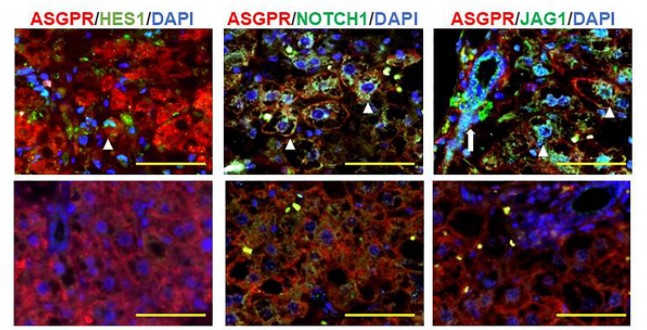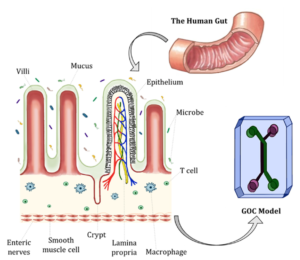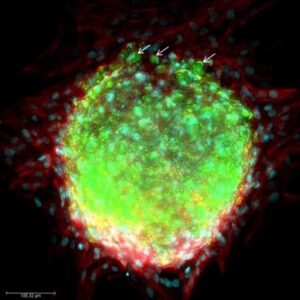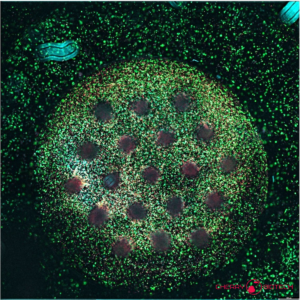Introduction
Adipose tissue-derived stem cells (ADSCs) are mesenchymal stem cells (MSCs) that are obtained from abundant adipose tissue, adherent on plastic culture flasks can be expanded in vitro, and have the capacity to differentiate into multiple cell lineages.
Unlike bone marrow-derived MSCs, ADSCs can be obtained from abundant adipose tissue by a minimally invasive procedure, which results in a high number of cells.
Nonalcoholic steatohepatitis (NASH) is liver inflammation and damage caused by a buildup of fat in the liver. It is part of a group of conditions called nonalcoholic fatty liver disease.
You may be told you have a “fatty liver.” Many people have a buildup of fat in the liver, and for most people, it causes no symptoms and no problems. But in some people, the fat causes inflammation and damages cells in the liver. Because of the damage, the liver doesn’t work as well as it should.

This study demonstrated the repairing/restorative effect of ADSC treatment on hepatocytes of NASH mice, which was mediated by Notch signaling. Further studies are required to confirm the therapeutic effect of ADSCs on NASH and the contribution of Notch signaling.
Understanding the molecular mechanisms underlying the repairing/restorative effect of ADSCs will contribute to the development of an effective therapeutic strategy for the treatment of emerging chronic liver disease, NASH.
How to culture vascularized & immunocompetent 3D models in a standard Multiwell
Abstract
The authors state that “Adipose tissue-derived stem cells (ADSCs) have been suggested as a novel treatment for non-alcoholic steatohepatitis (NASH); however, the mechanisms underlying their therapeutic effect remain poorly understood. In this study, we aimed to investigate the association of Notch signaling, which is crucial for cellular proliferation and differentiation in ADSC-mediated treatment of NASH.
Flow cytometry analysis of ADSCs showed that they expressed the Notch ligands JAG1, DLL1, and DLL4. The expression of genes associated with the Notch signaling pathway was attenuated in hepatocytes of NASH model mice. We further observed ADSC-mediated activation of Notch signaling in these hepatocytes in addition to an increase in proliferating cell nuclear antigen+ cells and a decrease in TdT-mediated dUTP-biotin nick-end labeling+ apoptotic cells.
Co-culture of palmitic acid-induced steatotic hepatocytes and ADSCs resulted in the activation of Notch signaling and reduction of apoptosis of steatotic hepatocytes. Moreover, inhibition of Notch signaling by a γ-secretase inhibitor and knockdown of Notch ligands using siRNA attenuated the anti-apoptotic effect of co-cultured ADSCs in vitro.
Our findings show that the Notch signaling pathway is involved in the inhibition of apoptosis and restoration of cellular proliferation of hepatocytes from NASH mice following ADSC treatment.”
References
Ishida, K., Seki, A., Kawaguchi, K., Nasti, A., Yamato, M., Inui, H., Komura, T., Yamashita, T., Arai, K., Yamashita, T., Mizukoshi, E., Honda, M., Wada, T., Harada, K., Kaneko, S., & Sakai, Y. (2021). Restorative effect of adipose tissue-derived stem cells on impaired hepatocytes through Notch signaling in non-alcoholic steatohepatitis mice. Stem Cell Research, 54, 102425. https://doi.org/10.1016/j.scr.2021.102425



